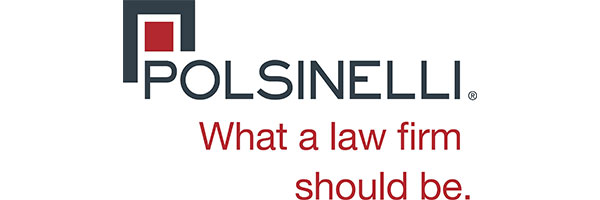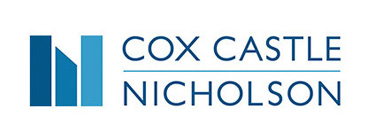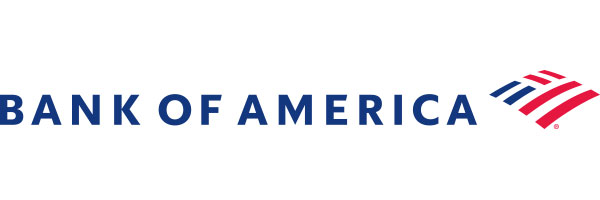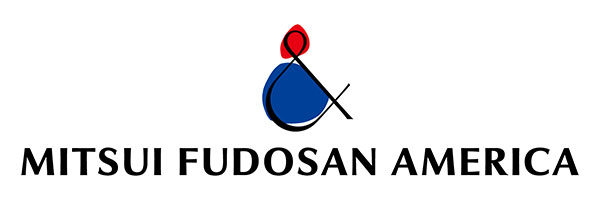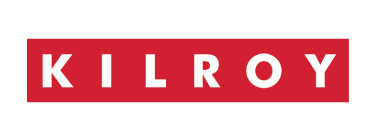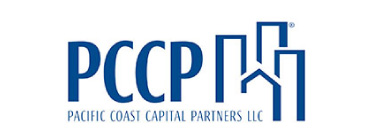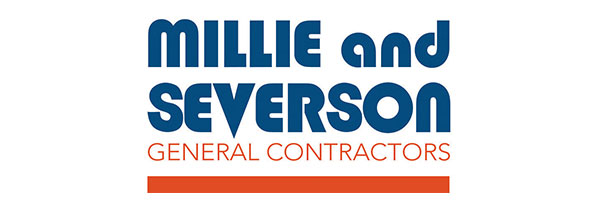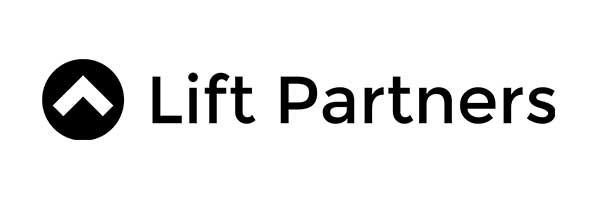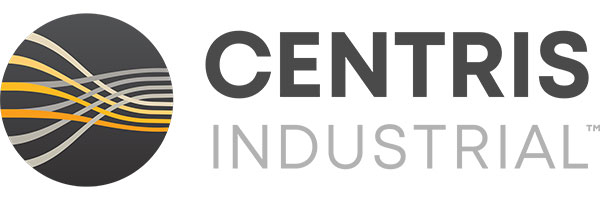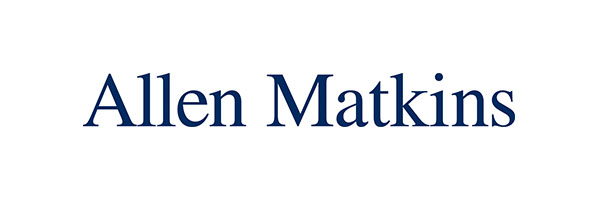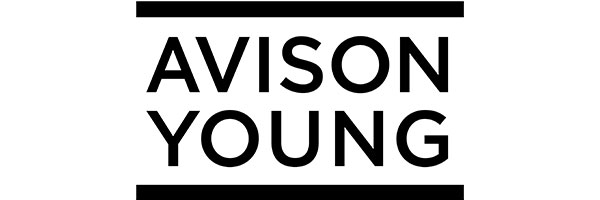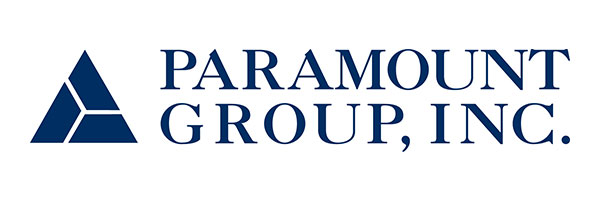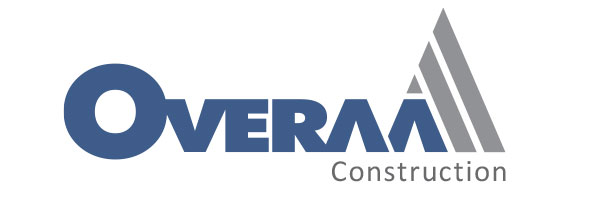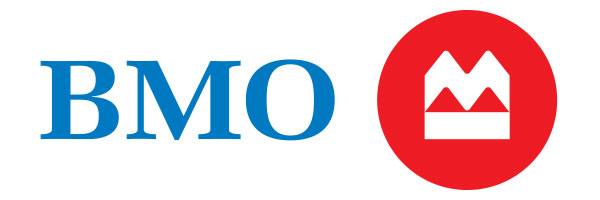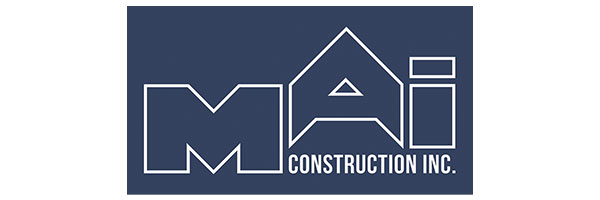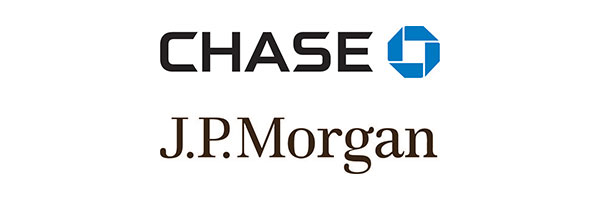CBPA's California Legislative Update 7/16/21

- WEEKLY ON HIATUS THROUGH SUMMER RECESS
- HOUSING KILLER WILDFIRE BILL DIES IN COMMITTEE
- TRAUMA KIT MANDATE PASSED COMMITTEE
- CARBON NEUTRALITY BILL PASSES COMMITTEE
- WAREHOUSE DISTRIBUTION CENTER BILL PASSES COMMITTEE
- WORKERS COMP BILL FAILS
- CA EVICTION MORATORIUM WEBINAR, 8/18/2021
- CBPA 2021 CALENDAR
WEEKLY ON HIATUS THROUGH SUMMER RECESS
This is the last eWeekly you will receive until Friday, August 20, 2021. The Legislature is going off on Summer Recess and will be back in mid-August and we’ll be there to engage on your behalf for the last month of the 2021 Session and rolling into the Gubernatorial recall!
HOUSING KILLER WILDFIRE BILL DIES IN COMMITTEE
A bill that would significantly curtail housing opportunities for hundreds of thousands of renters and homebuyers and identified as a “Housing Killer” by the Building Industry Association, has been stopped in the Assembly Housing Committee on a bipartisan vote 4-2 with 2 abstentions.
As drafted, SB 12 would require individual building permits for new homes to comply with standards that were not imposed on the subdivision approval, the zoning ordinance, the general plan, or any of its elements. Some of the standards required by the bill contain discretionary determinations (e.g., lot-specific wildland fire hazard assessment and wildfire hazard mitigation plans, fire protection plans, the use of a risk model to quantify and mitigate risk, among others) that would be made by a local agency.
This new requirement would trigger an additional CEQA review when pulling a building permit for an individual house, even though CEQA review has been conducted on all of the higher-level approvals. Expanding CEQA to create a redundant process is not helping California to dig its way out of our housing crisis.
We do expect more bills of this type as the state grapples with how to build in fire risk areas and look forward to working with legislators on reasonable regulation that can be met which will increase protections. Unfortunately, SB 12 set an unobtainable standard that could not be support, and we thank the committee for withholding support on this bill.
TRAUMA KIT MANDATE PASSED COMMITTEE
SB 687 (Hueso; D-San Diego) a bill that improperly requires building managers/property owners to install and provide training material to tenants on how to use a tourniquet meant for tactical combat casualty care, passed the Assembly Judiciary Committee on a 10-1 vote. The bill has raised great concern with our industry as it also lacks any liability protections for those properties that are mandated to install the kits and, in fact, may remove any protections under law by mandating installation.
SB 687 inappropriately mirrors the statute that was carefully written to fix issues related automated external defibrillator (AED) liability issues. AEDs are technology that need a connection to a building’s energy supply. Trauma kits do not need any power supply or physical connection to the building and, thankfully, have much less demand for use.
Additionally, SB 687 does not acknowledge the safety and security procedures that commercial properties already undertake to ensure safety of the public while on our properties.
As we have explained to the author and other legislators, property managers are very competent at managing tenant needs and assuring building mechanical systems are operational, but they are not medical experts. This bill requires property managers, under state law, to provide complicated medical equipment and training on how to use tourniquets and other emergency medical technique is misplaced and should be accomplished by other, more reasonable means.
Finally, cardiac arrest is a likely issue that building managers/owners will have to deal with, and AEDs are “foolproof,” meaning if someone tries to inappropriately use one, you theoretically cannot harm the patient. The same cannot be said of applying a tourniquet and misapplying one can actually result in the loss of a limb, or worse, a life.
Although the intent behind SB 687 is commendable, this bill represents an inappropriate mandate on property managers and building owners that should be addressed through other means. Using a tourniquet or treating a gunshot wound is in no way comparable to using an AED and we oppose putting such requirements into statute.
Click here to read the latest committee analysis of the bill.
CARBON NEUTRALITY BILL PASSES COMMITTEE
AB 1395 (Muratsuchi; D-Torrance) passed the Senate Environmental Quality Committee this week on a partisan 5-2 vote and will advance to the Senate Appropriations Committee.
AB 1395 requires the state to achieve “carbon neutrality” no later than 2045 and requires that greenhouse gas emissions be reduced to 90% below the current statewide limit which was just recently tightened.
Businesses are just six months into meeting current climate goals and the Legislature is now moving along an even more extreme and economically unfeasible emission reduction goal!
Although it is estimated that individual commercial buildings produce less than 6% of our state’s GHG emissions, rules and regulations tend to assign the emissions from vehicles traveling to your facilities to you, which meals the drastic measures that will need to be undertaken to comply with this bill will be magnified in our sector.
The California Air Resources Board (CARB) is already working on this issue and recently held a three-day public workshop series to initiate the development of the update to the AB 32 Climate Change Scoping Plan, which is due in 2022 and will reflect California’s goal to achieve carbon neutrality by 2045.
Although we also have concerns with how the ARB plan is unfolding, we definitely don’t think new legislation on the topic is merited. Click here to see the complicated regulatory process that is already underway.
Our industry is working to oppose this bill as its vague language, lack of funding and direction to state agencies, is an example of a “feel good” measure that is unrealistic and will wreak havoc on our economy and all of your businesses.
WAREHOUSE DISTRIBUTION CENTER BILL PASSES COMMITTEE
AB 701 (Gonzalez; D-San Diego) passed the Senate Judiciary Committee on a partisan 9-2 votes and moves to the Senate Appropriations Committee. This bill would have created a new productivity standard, expanded private right of action, and increase PAGA litigation by creating duplicative regulations for workers and employers operating warehouse distribution centers.
AB 701 was amended for the better in the Senate Judiciary Committee. It will now limit the amount of requests employees can make on their personal work speed data as well as limit the never ending assumption of retaliation after said requests, by an employer. Along with that there were also some amends taken to narrow the definition of “Health and Safety Laws”, stop the expansion of PAGA, and limit the injunctive relief to only the quota at issue, not regulatory issues as well.
While we agree with the overall notion that employee health and safety is important, we disagree with this bill as it is a one size fits all idea that treats every warehouse the same and micromanages how employers manage their business. These above fixes are good for us, but not enough to remove our opposition on the legislation.
Our industry is very active as part of a broad coalition opposing AB 701 including the CalChamber, California Trucking Association, California Manufacturers & Technology Association, California Retailers Association, California Farm Bureau, and many others, as the practical impacts and precedent of the bill will have long lasting and negative impacts on many sectors of the economy, not just warehouse operators.
Stay tuned for when session is back on the progress of this bill.
WORKERS COMP BILL FAILS
A bill that will severely alter the workers’ compensation system and increase business costs FAILED on a 7-7 bipartisan vote in the Assembly Insurance Committee on Tuesday and is opposed by a large coalition of business groups led by the CalChamber.
The bill, SB 335 (Cortese; D-San Jose), fundamentally alters longstanding rules and timeframes related to investigating the eligibility of workers’ compensation claims such that it substantially reduces the time an employer has to investigate a claim and significantly increases the cost of care an employer would be required to provide during that investigation.
SB 335 is fundamentally unfair to employers, who deserve a fair opportunity to complete an investigation and make a thoughtful determination about the validity of a claimed injury.
Click here for more information on why our industry has joined other business groups to oppose SB 335. We are pleased the committee decided to stop it from advancing.
CA EVICTION MORATORIUM WEBINAR, 8/18/2021
California extended its statewide residential eviction moratorium, which will now protect tenants affected by the COVID-19 pandemic through September 30, 2021. Legislators hope that the extension will permit ample time for new funding to make its way to landlords and cover 100% of back-owed rent owed by low-income tenants who struggled to make rent payments due to COVID-19. California’s new laws also permit local jurisdictions to extend their commercial moratoriums.
Join Hoge Fenton for an informative discussion on Wednesday, August 18, 2021, from 12:00 to 1:00 p.m., as their real estate attorneys Giuliana Ferrante and Steven Kahn discuss moratorium updates for Alameda, Contra Costa, Santa Clara, and San Mateo counties, with a focus on commercial properties. Former California State Assemblymember and Special Counsel to Hoge Fenton, Catharine B. Baker will be joining us to kick off the webinar.
CLICK HERE to register today!
CBPA 2021 CALENDAR
Thursday, October 21, 2021
Industry Awards Dinner
The Renaissance Hotel, Newport Beach
Thursday-Friday, December 2 - 3
Strategic Issues Conference & CBPA Board Meeting
Embassy Suites, Napa Valley
For more information on any of our events, please contact Melissa Stevens at 916-443-4676 or mstevens@cbpa.com.



